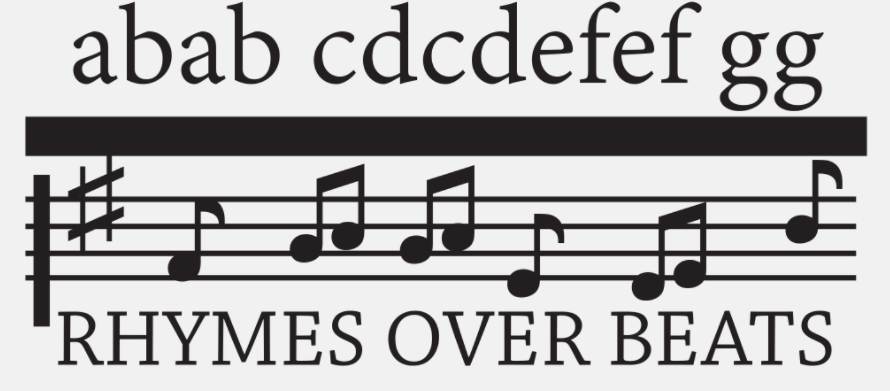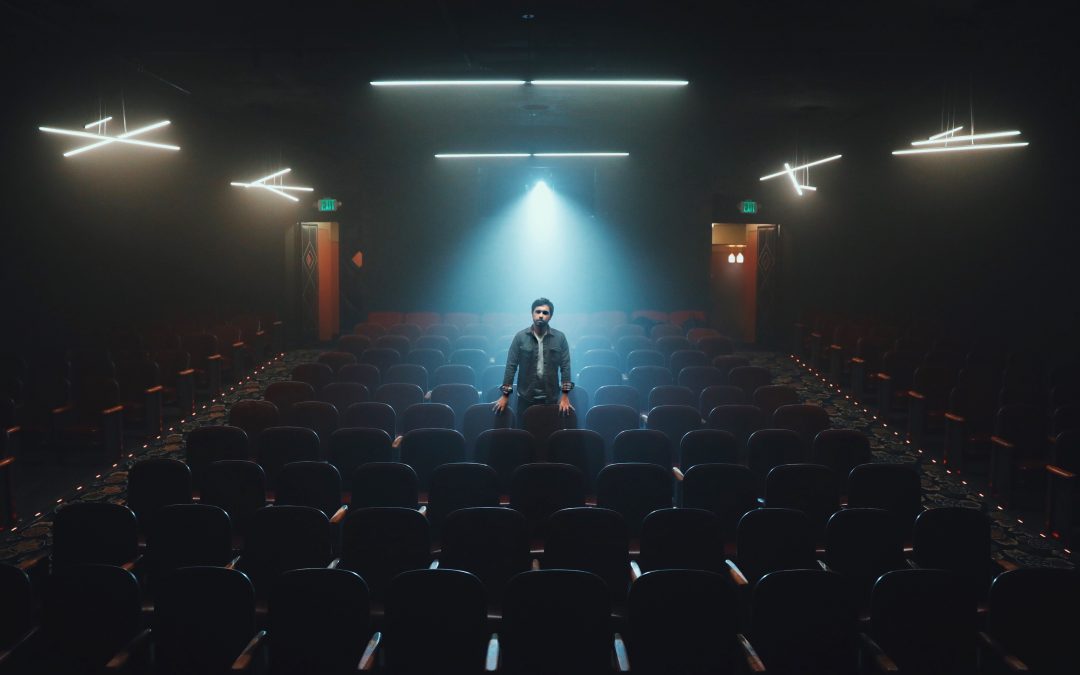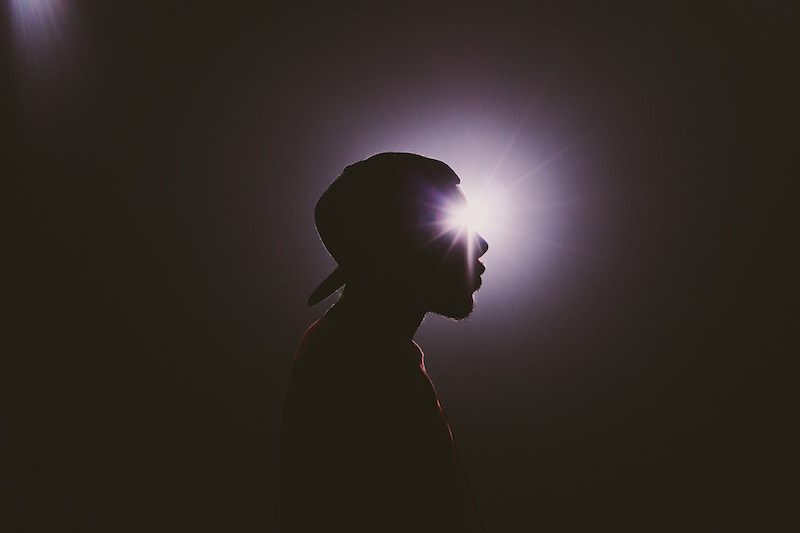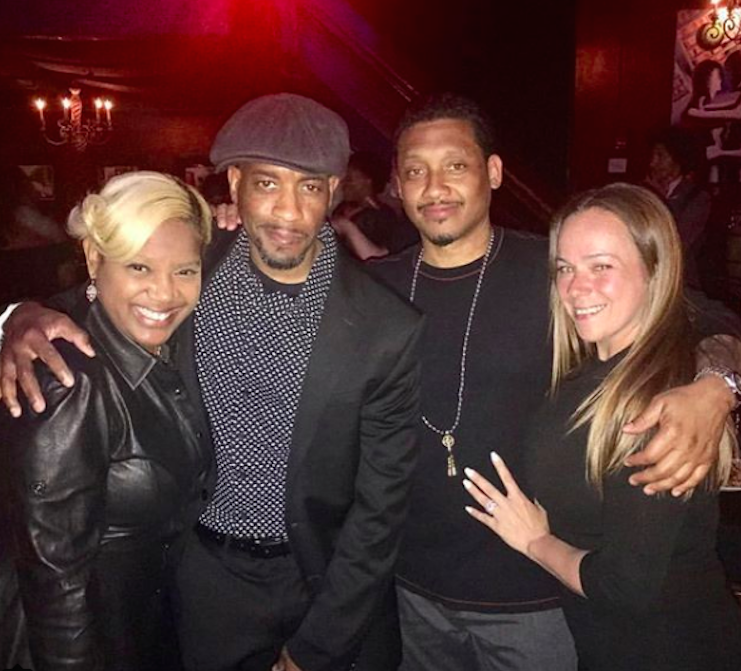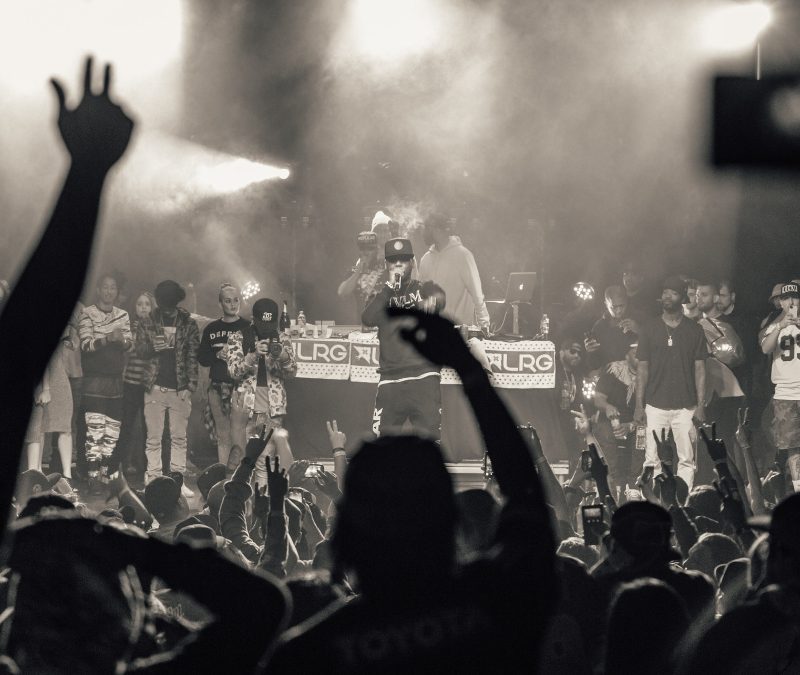
We’re All in this Together
“Cause we all have the potential to get there together.” – Masta Ace, ‘Together’
We all want to be happy and great (and successful), but as with any other theater company the reality is that we first need the “holy trinity” of:
- Money.
- Audience.
- Stories.
Greatness is Our Mission, But This is What It Takes
Our goal is to tell stories of diversity. Great stories that portray real life in its nitty gritty brilliance that touch people right at their core.
We want to tell YOUR stories.
BUT – in order to put these stories on stage we need money.
In order to get this money we make weekly appeals on social media. You’ve probably seen them. We ask for $10 contributions because want to make it easy for people from the community we serve to donate. To come join us so we can get there together. We also hope that the more successful members of the community will give back and donate more. Those people we contact individually.
So, we are trying to build an audience through social media. It’s where our audience is and how they communicate with each other. We are experiencing a slow, natural growth. Ten to twenty new followers on Instagram each day.
Hey, it’s a start.
To Be Great We Need Stories
The kind of stories we want to tell are of three types:
- historical stories
- stories that show hip hop culture
- stories about issues in the hip hop community
We want to tell history from a different point of view. Just like Hamilton. If you have stories like these, please contact us.
We also want to document and celebrate the culture of Hip Hop that we share. We are working on a hip hop documentary on how and why the seminal group Public Enemy became Public Enemy. We will soon start working on other stories about the early days of Hip Hop. We would really like to work on stories that show how hip hop became the culture of the world. If you have stories like these, please contact us.
Finally, we want to do work on issues that affect the community. We’ve already done this. We coproduced a play on the issue of gun violence called The Assignment. We produced Ursula Rucker’s one person show My Father’s Daughter about her growing up in in Philadelphia. However, gun violence and racism are only two issues that effect the community. There are others and we want to tell them. If you have stories like this, please contact us.
Hip Hop is who we are. Our mission is to bring it into theater. Please support us.
Our mission is to be the greatest storyteller of Hip Hop stories, but we can’t do it alone. Greatness is in all of us.
Tell your story onstage. Tell other people about our hip hop stories. Join us in helping hip hop artists put their stories on stage.
‘Cause we all have the potential to get there together.
